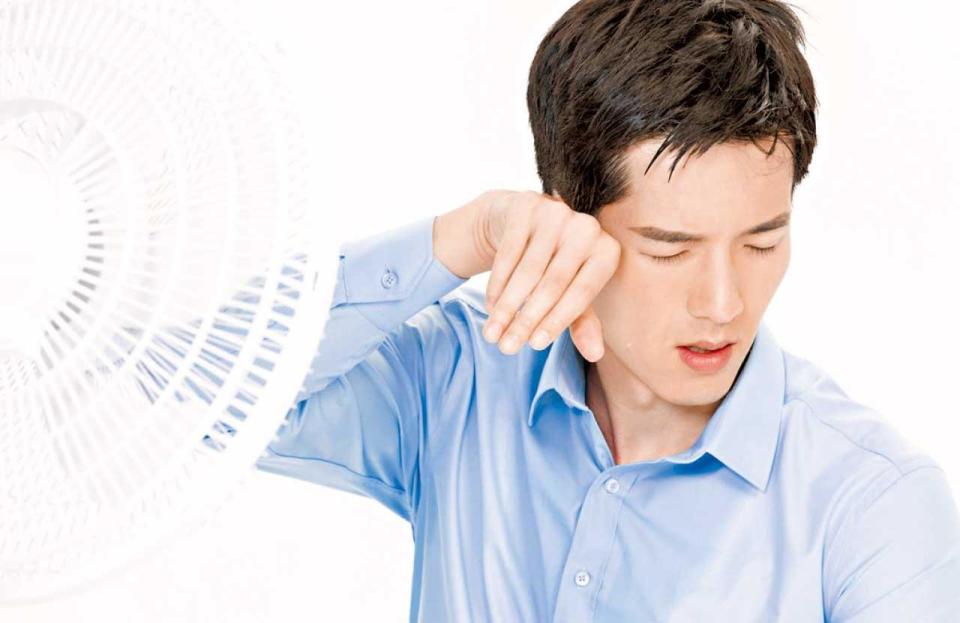The incidence of prostate cancer has been increasing in recent years, and it has become the third most common cancer in men and the fourth deadliest cancer. In 2020, there will be more than 2,000 new cases. Although more than half of the patients are diagnosed at a later stage, the development of treatment in recent years has also helped patients to prolong their lifespan.
Zheng Zhijian, an applied professor of clinical oncology at the Faculty of Medicine at CUHK and a specialist in clinical oncology, Zheng Zhijian believes that the increase in prostate cancer cases is related to the aging population and the increase in cancer detection. When there are symptoms, they are similar to benign prostatic hyperplasia, such as frequent urination, difficulty urinating, painful urination, etc., which make patients take it lightly and tend to seek medical treatment later, and 56.4% of the patients have reached the third or fourth stage when they are diagnosed.”

Advanced Prostate Cancer Divided into Two Types
Later stages of prostate cancer can also be classified as metastatic hormone-sensitive prostate cancer (mHSPC), or metastatic hormone-resistant prostate cancer (mCRPC). Zheng Zhijian explained, “mHSPC can still be controlled by androgen suppression therapy, but if high-risk patients only receive hormone therapy, they will evolve into mCRPC in about a year. mCRPC does not respond to hormone therapy because the cancer cells develop more hormones. Receptor, the very low level of male hormone is enough to make it grow, or it can evolve to grow on its own without the stimulation of male hormone. During this period, the symptoms will become more serious, such as the number of bone metastases and bone pain increase, and even fractures. Urinary and intestinal problems, etc., the median overall survival period is only about 3 years.” Therefore, the current treatment goal is to prolong mHSPC as much as possible and avoid evolving into mCRPC.
Prolonged survival
Traditionally, androgen blocking therapy (ADT, also known as hormone therapy) is the first-line treatment for the prostate, including orchiectomy or injections every 3 to 6 months to reduce male hormone levels, and supplementary oral drugs. In recent years, a new generation of oral androgen receptor inhibitors has been developed, which blocks the binding of androgen to its receptor, delays and inhibits tumor recurrence, and is suitable for mHSPC and mCRPC patients.
The study found that using a new generation of androgen receptor inhibitors combined with ADT, the median survival period was over 53 months, and the progression-free survival period was over 33 to 49 months. The study only used ADT for longer.

Dealing with side effects
Next-generation androgen receptor inhibitors may have side effects such as tiredness, rashes, and hot flashes. Xu Kaitong, a member of the board of directors of the Hong Kong Society of Hospital Pharmacists and a registered pharmacist, proposed a countermeasure, “For fatigue, you can try to maintain a moderate amount of exercise and gradually increase your physical strength, and avoid caffeine drinks, so as not to affect the quality of sleep at night; in addition, you should plan your daily schedule. Be active and avoid overexertion. If rash occurs, avoid hot showers and use fragrance-free body lotion frequently; wear loose-fitting long-sleeved shirts and hats when going out to prevent sunburn. If you have hot flashes side effects, you can record them The number of occurrences, duration, and symptoms are convenient for doctors to follow up. Drink plenty of water to supplement the water loss from sweating, avoid spicy food, and quit smoking. Immunosuppressants, anticoagulants, antiepileptics, stomach medicines, and herbal medicines may interact with each other, and patients should inform their doctors of the medicines they are taking.
2023-05-16 20:30:33
#late #prostate #cancer #cases #diagnosed
